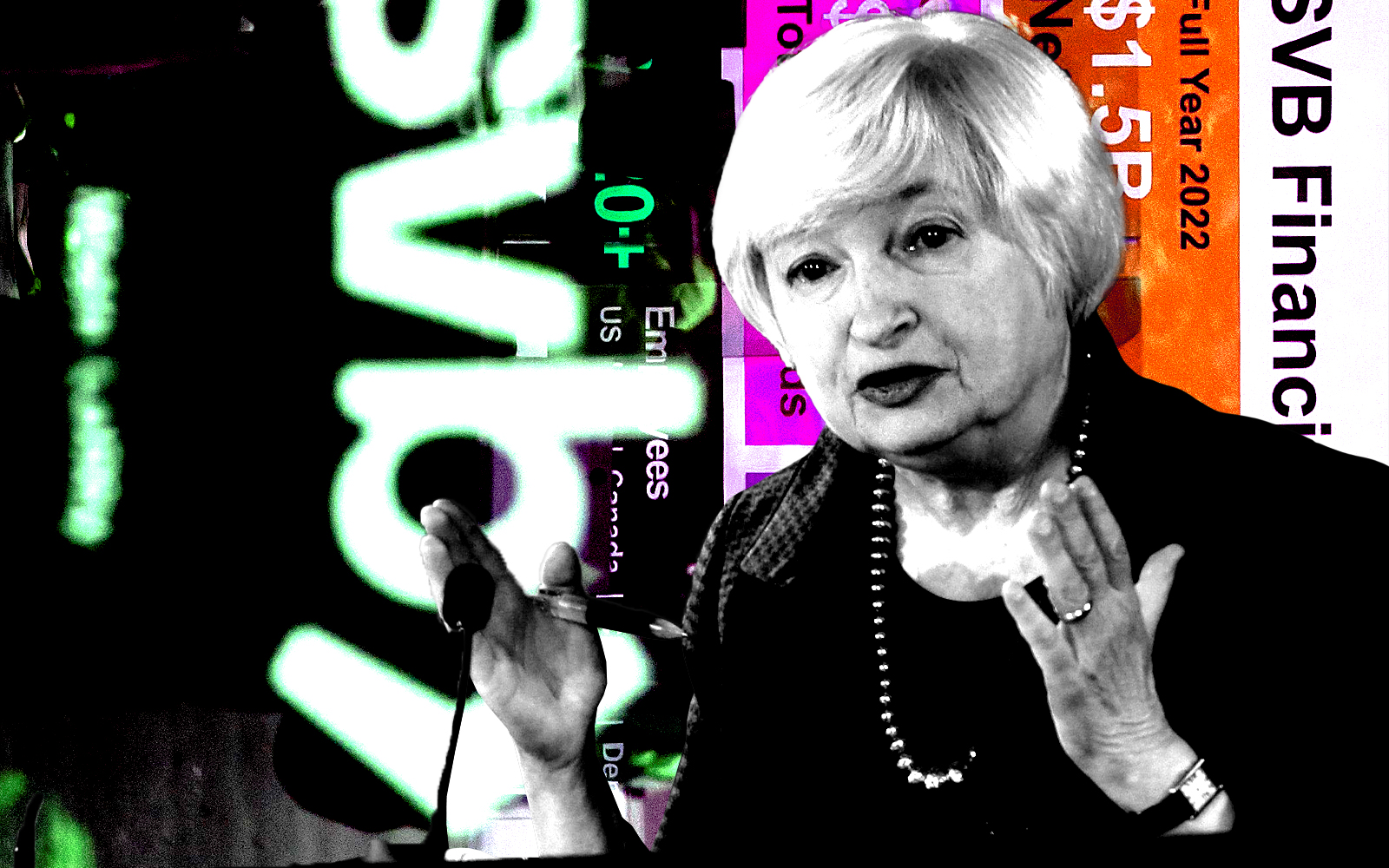Global regulators spooked by the recent high-profile failures of Signature Bank and Silicon Valley Bank are considering tightening standards on small lenders, the Financial Times reported. Many of those lenders are regular sources of capital for the real estate industry.
Policymakers at the IMF spring meetings in Washington, D.C., last week said they would focus on issues tied to the collapse of SVB, the publication reported. A month earlier, the global standard–setting Basel Committee on Banking Supervision vowed to look at additional rules after the collapses.
BCBS standards apply to banks throughout the European Union, but only “internationally active” banks in the United States need to comply with the organization’s rules on liquidity and capital. Several senior regulators claimed the standard was outdated and should be changed to banks with “international relevance,” meaning banks whose failure could destabilize the system.
“SVB has shown you don’t have to be internationally active to be able to generate cross-border spillovers,” a policymaker told the publication, referring to Silicon Valley Bank.
Officials are also considering changing rules about liquidity so banks could better withstand bank runs, which can happen faster than in the past because of digital practices.
Another idea bandied about by policymakers is changing the way regulators assess how interest rate changes affect cash flow from loans and the value of bonds. The tightening of those standards has been opposed by the United States in the past, but policymakers think recent events may reduce its objections.
Read more



The failures of SVB and Signature have been largely contained, but institutions around the world — and the country — are pursuing all avenues to lessen such a risk next time.
The Treasury Department, for instance, is looking to see if federal regulators can use emergency authorization to cover all bank deposits. The government did step in to guarantee the deposits at Signature and SVB beyond the $250,000 cap, but uncertainty about whether that would happen contributed to Signature’s failure.
— Holden Walter-Warner
